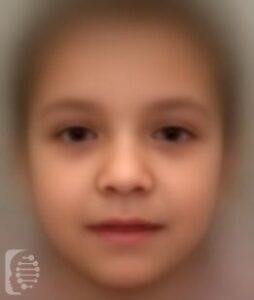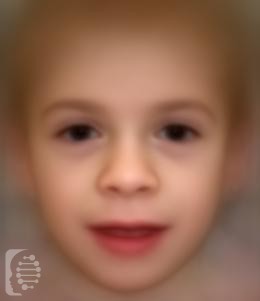
Nasopalpebral lipoma-coloboma syndrome
Nasopalpebral lipoma-coloboma is a rare genetic syndrome that affects mainly the eyes specifically with lipomas (benign tissue of fat) and colobomas (holes in any part of the eye- iris, retina, choroid, optic disc). This syndrome is also known as:Palpebral Coloboma-Lipoma Syndrome Mutations in the ZDBF2 gene are possibly responsible for causing the syndrome., however, is […]




